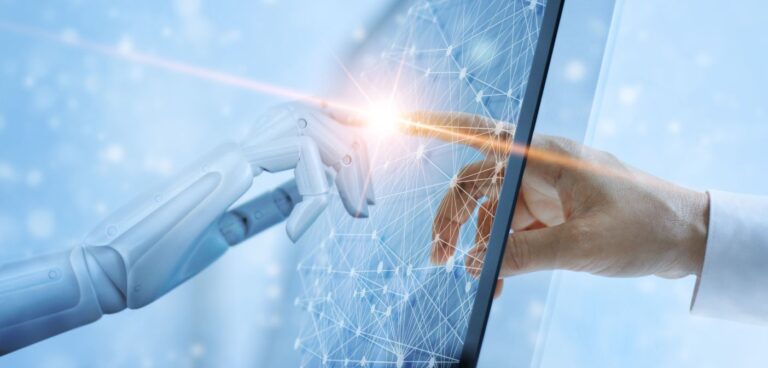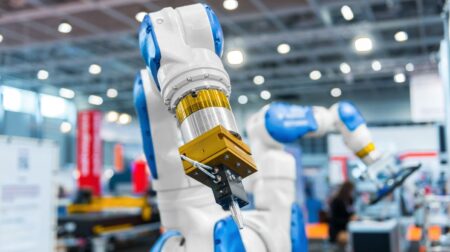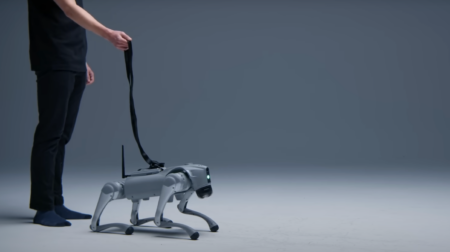An economic historian from the University of Sussex has suggested that the threat of AI to jobs and wages has been overstated, as part of a new study into the fourth industrial revolution.
The productivity benefits of past industrial revolutions took up to 40 years to be realised, the research by professor Nicholas Crafts of the University of Sussex Business School details.
According to the report, published in the Oxford Review of Economic Policy, AI-sceptics are mistaken in thinking that the history of past industrial revolutions makes it inevitable that the introduction of the labour-saving technology will drastically harm job numbers and wages. The experience is of a changing composition of employment rather than a massive decline in employment, the paper explains.
A key implication from previous industrial revolutions is that governments must deliver policies that reduce adjustment costs and facilitate redeployment of workers to offset the initial disruption that AI will bring, the report recommends.
The study goes onto explain how a lag between the introduction of a new technology and a rise in productivity can be the result of incremental improvements to technology over time, gradual reductions in the quality-adjusted price of the capital equipment and the time taken for investments in organisational change, as witnessed during previous industrial revolutions.
Crafts, professor of economic history at the University of Sussex Business School, said: “It typically takes time before a general-purpose technology (GPT) has a substantial impact on productivity. The technology improves, complementary investments and innovations are made, businesses are re-organised and learning accrues. The examples of steam, electricity and ICT illustrate that time-lags are to be expected. It is quite plausible that this will also be the experience with AI as it progresses.
“It is a common misconception that the first industrial revolution is a template for a general-purpose technology having a major adverse effect on workers’ living standards. The essence of that industrial revolution was not rapid productivity growth in the short run but the ‘invention of a new method of invention’ which increased technological progress in the long run. Since AI is potentially a general-purpose technology that raises the productivity of research and development, it may be the basis for a fourth industrial revolution.
“It is highly likely that AI will eventually become to be seen as a classic GPT and eventually deliver the much-needed boost to productivity that techno-optimists envisage once its full potential is realised. Growth accounting estimates for earlier GPTs show that their impact on productivity takes time to develop.”








